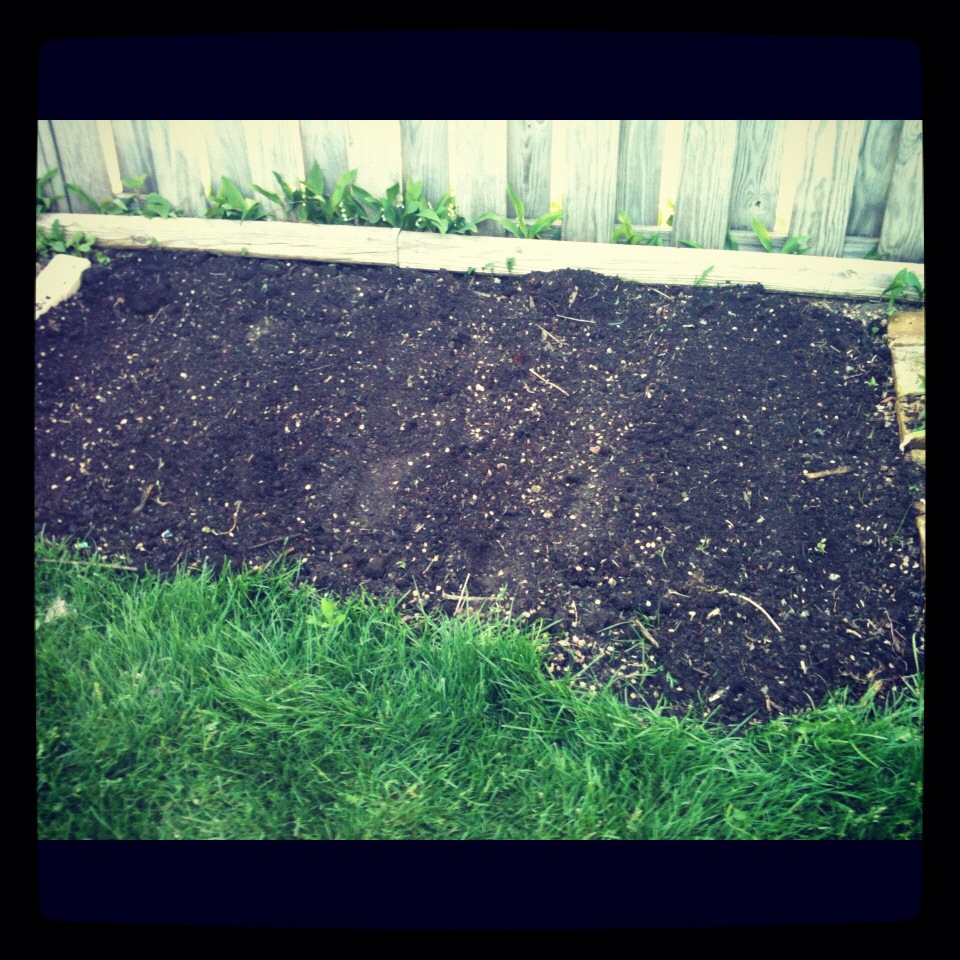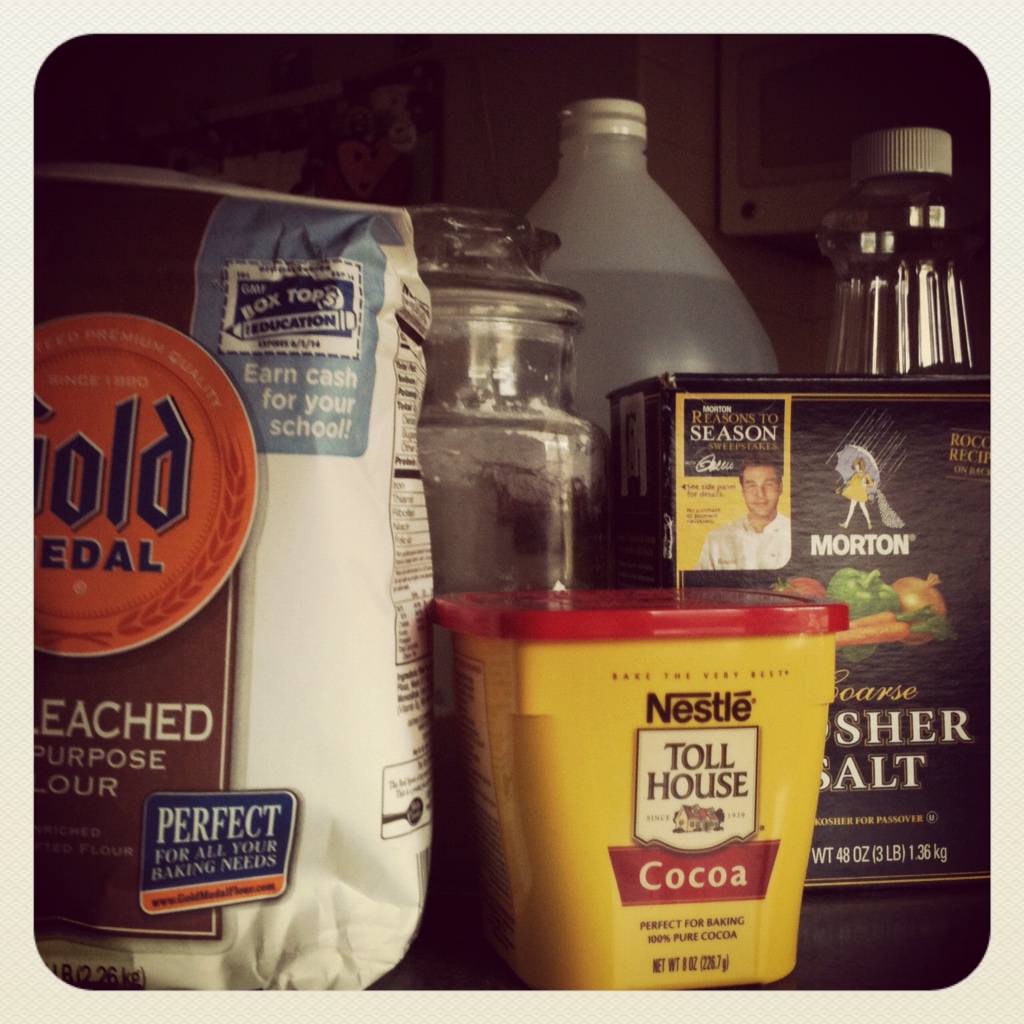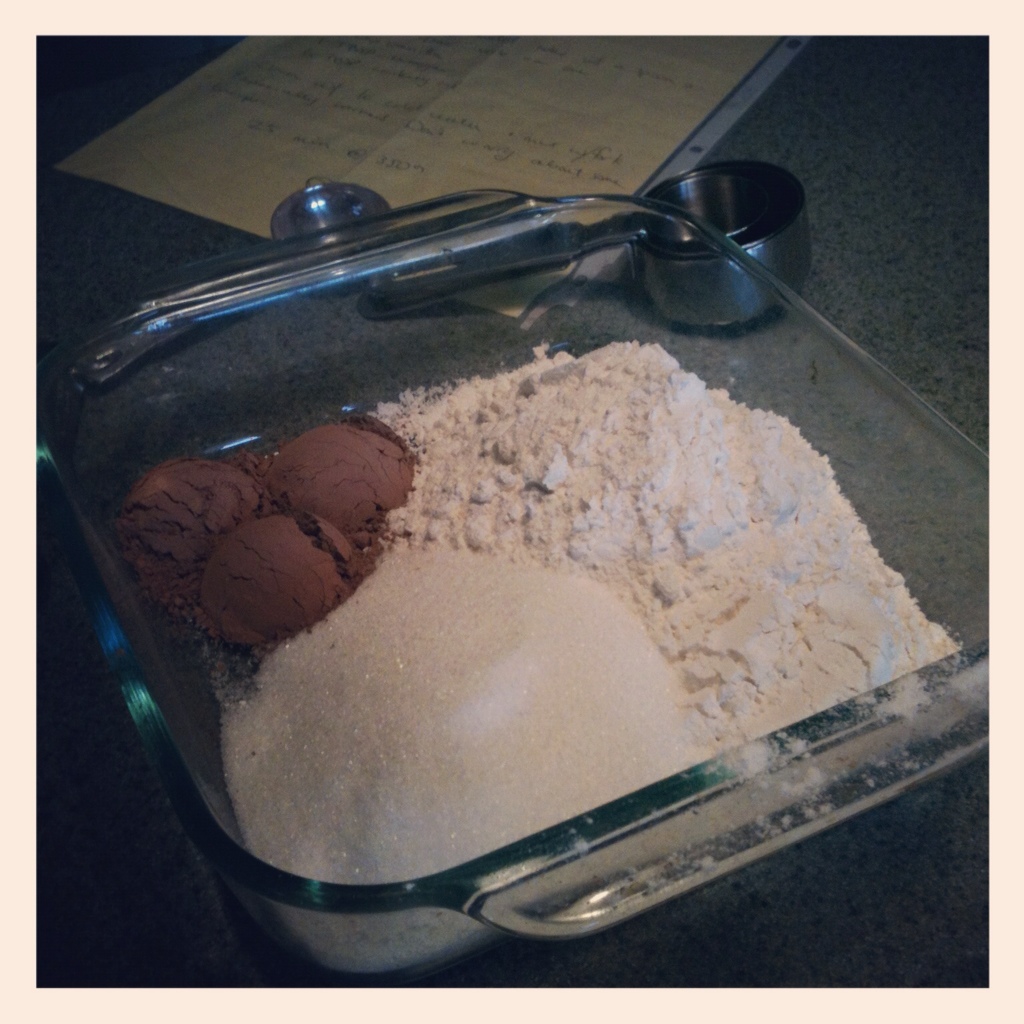May your summer ooze with pleasure.
"Talking of Pleasure, this moment I was writing with one hand, and with the other holding to my Mouth a Nectarine – good God, how fine. It went down soft, pulpy, slushy, oozy – all its delicious embonpoint melted down my throat like a large beatified Strawberry." ~ John Keats
Christi
- Yeast: We're Still Getting to Know Each Other
- Three Keys to Success in the Kitchen (and with your writing)
- It's the eggs that bring me down.
- When Cooking Takes You to the Dark Side
- From Marie Callender to homemade, there was always Chicken Pot Pie.
- On Food Allergies: A sneak peek at a memoir, a chance to win the book.
- Novels and Cookbooks, We Love Them the Same
- Here's pie in your eye!
- What's New in Your Kitchen?
- My love affair with coffee.
- What to do with the chicken bones?
- Cooking with Iron
- Potential.
Victoria
- Topfenkolatsche: My perfect metaphor
- Slow Food or Quick Food, It's All Dessert To Me
- Griddle Cakes
- Keep the pilot light burning
- American Stew Pot
- NaFoCooMo
- Pulling Summer From the Oven
- A Very Liebster Morning
- The St. Valentine's Day Kitchen Massacre
- The Art of Feeding Kiddos: A plate of three
- Between the Vending Machine and the Take-out Counter
- Eating Then and Now
Lisa
- Perfect Sauteed Tofu Cubes Every Single Time
- Poor Man's Cake
- Three-Course Book Giveaway and Eggplant Dip to Die For
- Back of the Kitchen Cupboard Door Recipes
- Five Little Pumpkin Recipes
- Time for a Little Something
- Far beyond the moon and stars
- The Proof of What Matters
- Putting a Fresh Face on Leftovers
- Cooking to Feed Your Creativity
- Get in a Rut! Why Kitchen Routines Are Good for Creativity
- What Do April Showers Bring?
Our Fantastic Guest Bloggers
- Pam Parker: Too Hot to Cook?
- Rebecca Rasmussen: Cooking Her Way Back Home
- Sarah (Celiac in the City): Day trips and pumpkins lead straight to the kitchen.
- Tricia and Siana (2GirlsOnaBench): Lentil Soup, Writing and Commiserating
- Sandra Beasley: The Vagabond Diet
- Nina Badzin: Grandma Suzie’s Brownies
- Rose Deniz: Pass the baklava, it's time for tea
- Hallie Sawyer: Guest Post: My Sibling Rivalry with Food
- Jessica Zappia: Learning How To Be Fearless: Lessons from a Lousy Cook





.JPG)



